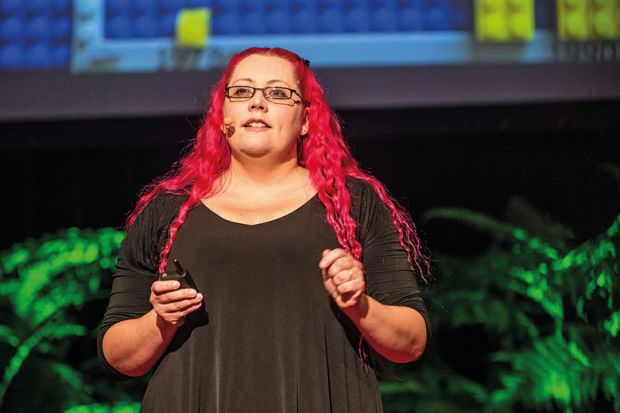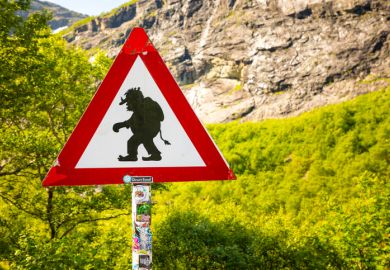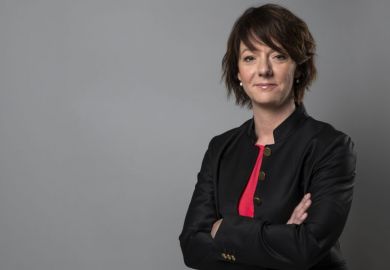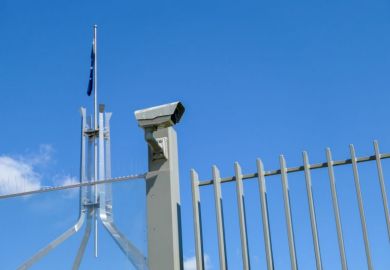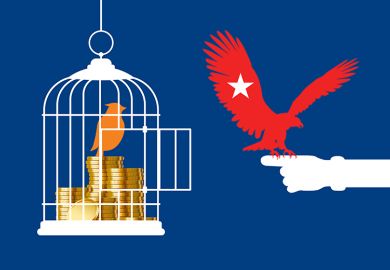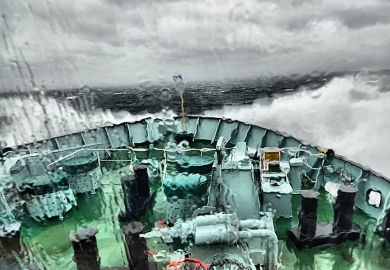In what could be the first case of its type in the world, a celebrated New Zealand academic is suing her university over the harassment she endured because of her pandemic commentary.
Microbiologist Siouxsie Wiles, the 2021 New Zealander of the Year and winner of the country’s Critic and Conscience Prize, alleges that the University of Auckland failed to adequately protect her from abuse and threats of violence.
Dr Wiles initiated court proceedings in early 2022 along with Shaun Hendy, whose Te Pūnaha Matatini research centre won the 2020 Prime Minister’s Science Prize for helping steer New Zealand’s coronavirus response. Professor Hendy settled with the university and left in April 2022.
Dr Wiles’ case is now being heard in the Employment Court of New Zealand. She and the university declined to comment while court proceedings were under way.
Professor Hendy said Auckland “should have moved a lot earlier” before the harassment, which began in April 2020, escalated following the vaccine rollout in early 2021. “The university was behind the eight ball and never really caught up…despite academics asking for help over and over again,” he told Times Higher Education.
“When Siouxsie Wiles goes into her lab, the university will supply her with a lab coat and safety goggles. When she goes on national TV to explain the country’s vaccination strategy, she should expect the same level of protection.”
According to newspaper reports, Dr Wiles had her home address and contact details leaked online and was compared to Adolf Hitler, a Satanist, a cockroach and a psychopath. She was put on a “citizen’s arrest” list and threatened with jail, rape and execution.
Professor Hendy was confronted and threatened in his university office. Another colleague was placed on an online “Nuremberg list” for “crimes against humanity”.
Professor Hendy said Auckland had not tracked the online abuse. “You wouldn’t expect the university to be deleting social media posts, but you would expect them to be monitoring it for threats,” he said.
The institution had also left staff at the mercy of campus intruders. “High-profile incidents” including the disruption of a vaccinology lecture had “emboldened” protesters: “They came on campus, found no security response and posted about it on social media.”
Academics had also asked Auckland to conduct a risk assessment, he said. According to media reports, the university says it began a risk assessment in August 2021 and asked Dr Wiles to “minimise public commentary” while it was under way – a request she and fellow academics interpreted as an attempt to “silence” them.
Professor Hendy said the process initiated by the university had been an audit of its systems, not a risk assessment. He said minimising public comment at that stage would have been “very difficult” for Dr Wiles, taking her “out of play” for “most of the critical period” of the vaccine rollout. “For a large part of the population, she was the most trusted commentator.”
Professor Hendy said that while New Zealand had largely “moved on” from the Covid furore, its effect on female commentators had been profound. “The level of hate that some of the women were subjected to was nastier,” he said.
“For all of us who were involved, it has changed our lives and how we look at the world. But…the sense of threat when you’re out in public [is] still very much with the women who were involved in the Covid response.”
The hearings are expected to conclude by 24 November.
Register to continue
Why register?
- Registration is free and only takes a moment
- Once registered, you can read 3 articles a month
- Sign up for our newsletter
Subscribe
Or subscribe for unlimited access to:
- Unlimited access to news, views, insights & reviews
- Digital editions
- Digital access to THE’s university and college rankings analysis
Already registered or a current subscriber?
